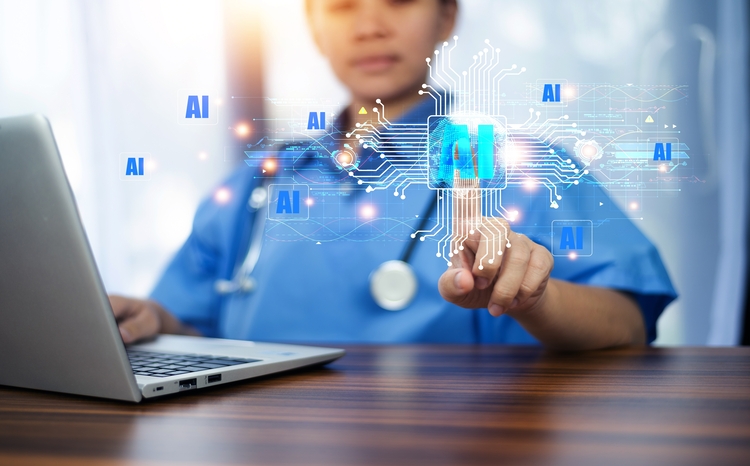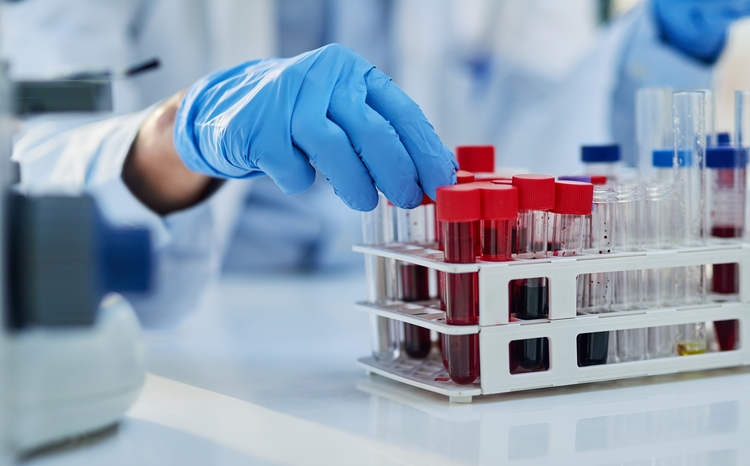GPs Get Connected to NHSDirect
- 4 February 2002
Patients registered with a group of practices in South West London have become some of the first to benefit from encrypted clinical messaging to link together out of hours services, NHS Direct and GP practices.
The new system enables a record of the details of an NHS Direct out of hours consultation to be securely e-mailed to the patient’s GP (if the patient gives their consent for the information to be forwarded), viewed by their doctor and for the information to be added to the patient master record held in the practice.
A further encrypted e-mail is sent back to NHS Direct to tell the nurse who dealt with the patient what has happened to her patient, meaning that NHS Direct nurses for the first time can routinely find out what happened to patients they advised.
Until now NHS Direct has largely operated in isolation from other parts of the NHS. Doctors are rarely informed that their patients have contacted NHS Direct, told what advice they have been given, or if a patient has been advised to see them. If they do receive information it is in the form of a lengthy fax.
The new system uses existing NHS systems and off-the-shelf technology to deliver joined up care, and has enabled the goal of achieving electronic links between NHS Direct and GP practices to be achieved three years ahead of the national 2004 deadline.
Dr Paul Cundy, GP and the project’s manager, said "We’ve been able to bring together different elements of the NHS to deliver joined up care".
He described the approach taken as pragmatic, using existing technology, off the shelf technology and proprietary software.
The patients of over 200 GPs, working in 34 surgeries in 4 health authorities in South West London are now set to benefit from the new integrated system.
Not only is the system eGIF compliant, but it is XML-based – linking together many different primary care systems, and providing two-way desktop-to-desktop clinical communications. It is one of the first successful NHSnet PKI implementations outside the pathology messaging project.
Speaking at a conference in London on the project Dr Cundy stressed that the system was easy to use, with all data viewed in a simple web browser, and made use of "full hand-shaking" at each stage to ensure security and confidentiality.
"For people saying it is too difficult to get PKI to work, the message is you can," said Dr Cundy.
However, Dr Cundy acknowledged it was not yet possible to positively identify patients telephoning out of hours services and that their details had to be taken on trust — which is why the data is only added to the patient record after review by the patient’s GP. "The system delivers information to the practice, but the practice decides whether to add it to medical records."
The NHS ERDIP-funded (electronic health record demonstration programme) project at Merton, Sutton and Wandsworth Health Authority, clearly shows that clinical data can be effectively exchanged, using existing NHS systems and off-the-shelf technology to deliver joined up care.
The next stage of the ERDIP project will be to add the facility for patients to be able to book a GP appointment through contacting the out of hours service.




